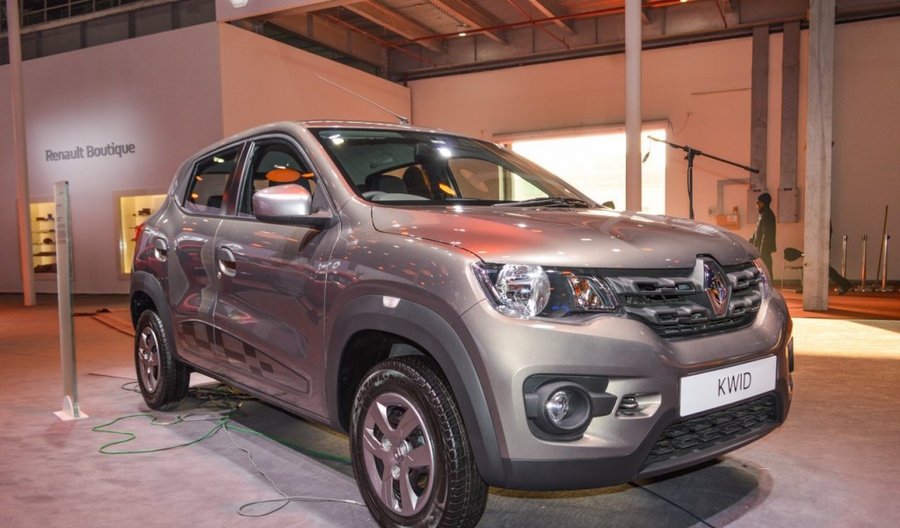Mauritius Is First Export Market for Renault Kwid

Earlier, reports from Autocar Professional suggested that Sri Lanka would be the first export market. While Renault India has exported a few units to the neighboring island, full-fledged exports of the Kwid began in Mauritius. This will later be followed by other SAARC countries such as Nepal, Bhutan and Bangladesh.
The company is not expecting a demand as big as the Indian market from any of the SAARC countries, given the import tax duties that significantly raise the price of the product. However, Mr. Sumit Sawhney, MD and CEO of Renault India believes that this could change in the future, where volumes will eventually rise.
Given that Renault has managed to localize 98% of the Kwid, the company is also expected to commence exports of the Kwid in components to Brazil and other Latin markets from next month, where it will be assembled at their respective plants. Carlos Ghosn, Chairman and CEO of Renault-Nissan alliance, also stated that India will be a production hub of the Kwid, suggesting that Renault India could export to European markets as well.


